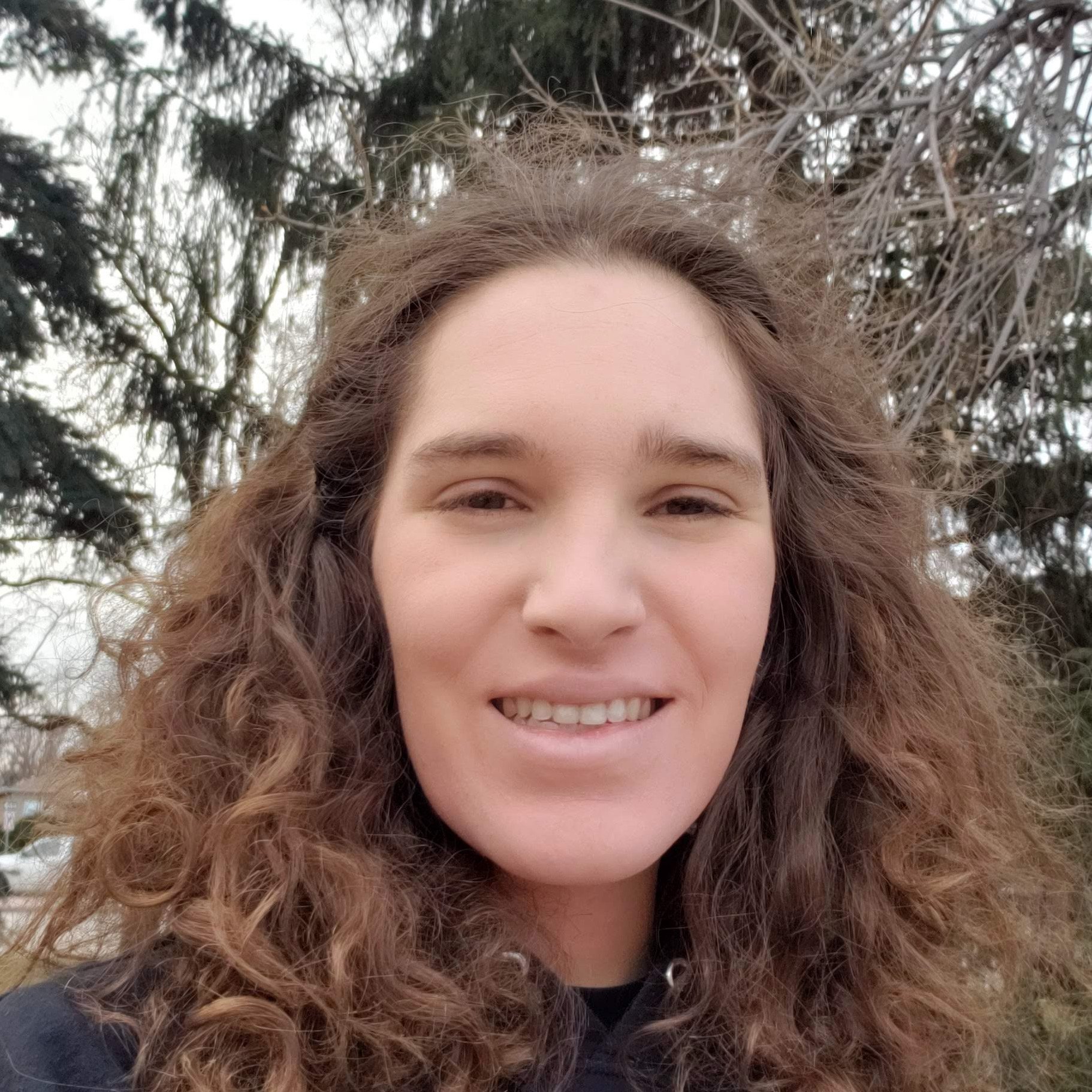My Philosophy
Physics culture is a beautiful thing. Granted, it has serious problems — the sexist microaggressions, the culture of overwork. Nevertheless, physics culture exists in all of our institutions and even in ourselves. If we want to transform it, we must first learn to appreciate it so we can take part in destabilizing and rebuilding it.
In
quantum
information science, decoherence is often viewed as a primary technological obstacle. A q
uantum computer requires exquisite control of its internal state. One stray photon (particle of light) from the environment is enough to scramble the information it encodes.
Physics culture is no different.
Our discipline tries hard to maintain an image of objectivity, yet beneath this fragile facade lies a deeper truth. The beauty of physics comes not in the physicist’s objectivity but in her subjectivity, her humble persistence to seek the true nature of the universe she loves. It is in learning to understand and appreciate the messiness of physics culture that makes it possible to dream of a physics beyond imperialism and settler hegemony.
My Story
My journey as a physicist began as a sheer accident. Out of the blue, in my sophomore year of high school, I received a letter inviting me to apply to the Stanford Education Program for Gifted Youth. Still a bit incredulous — and having never even taken a formal physics course due to high school budget cuts — I ranked the program’s flagship quantum mechanics course first, figuring it couldn’t hurt. Against all odds, the instructor emailed me and offered me a spot in his course. That summer, I fell in love with the physics of the quantum regime.
I received my undergraduate degree in physics from Stanford in 2019. But as much as I loved the physics, my experience as a multiply-marginalized woman in physics showed me the darker side of physics culture. I became involved in a number of diversity and inclusion initiatives and quickly became radicalized thanks to my women of color peers. I wanted to change physics culture for the better. (Unfortunately, I wasn’t as keen on changing me for the better, a hubris I would later discover put me in league with most other physicists around me.)
I spent my first 3 semesters of graduate school working in an atomic physics group at the University of Colorado Boulder. Though the research was exciting, I found my attention split between being a physicist and an ethnographer. What interested me most wasn’t the behavior of atoms, it was the culture of physics itself. I could no longer help but to see the beauty amidst the ugliness: Physics is a product of Western imperialism and white supremacy. It is also a product of some of the noblest dreams in human society. The beauty of physics culture lies in its contradictions.
Starting in 2021, I pivoted to Physics Education Research where I have had the privilege of becoming one of the leading scholars in quantum information education research as well as an advocate for quantum education and the responsible development of quantum technologies. I received my Ph.D. in May 2025, just in time to see research funding evaporate in my field in the US.
But resentment is futile — why focus on what could have been when there remains so much work to be done today? Today, I’m working to pick up the pieces of my cancelled postdoc and make as much of an impact as I can with the funding available. I’m doing work with researchers at the University of Colorado Boulder, Cal State Fullerton, and George Mason University pulling together funding to continue doing the research I love best. As a wise English professor once told me, “It’s precisely when they start trying to silence your work that the next generation needs you most.” So I persist, one day at a time, grateful for each new rising of the sun.
